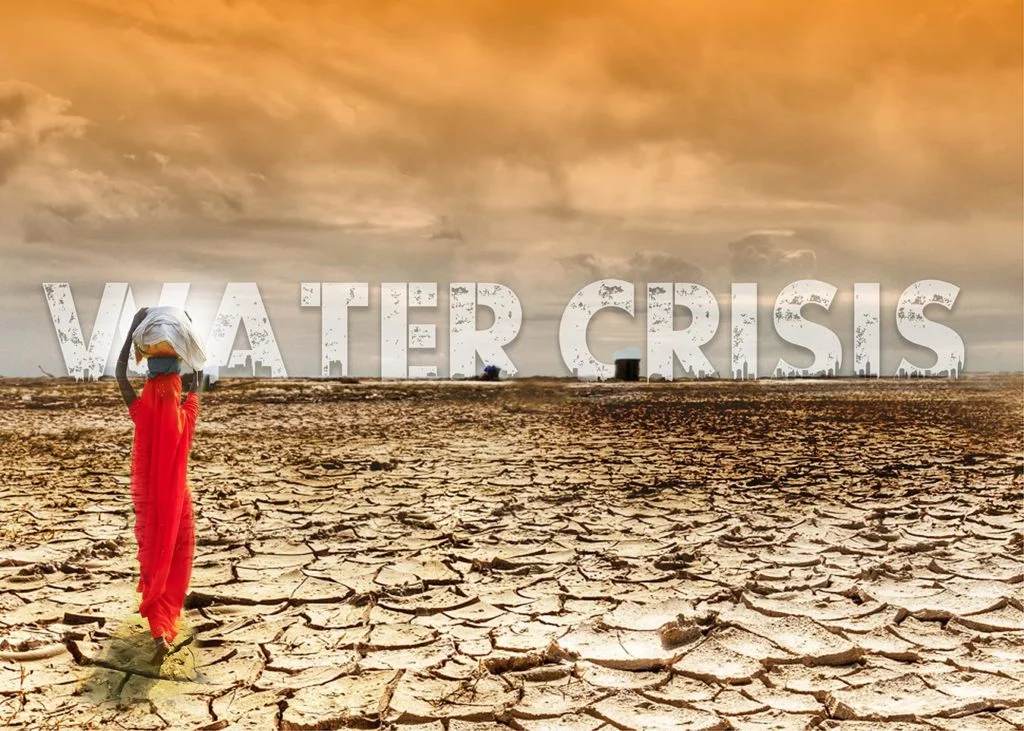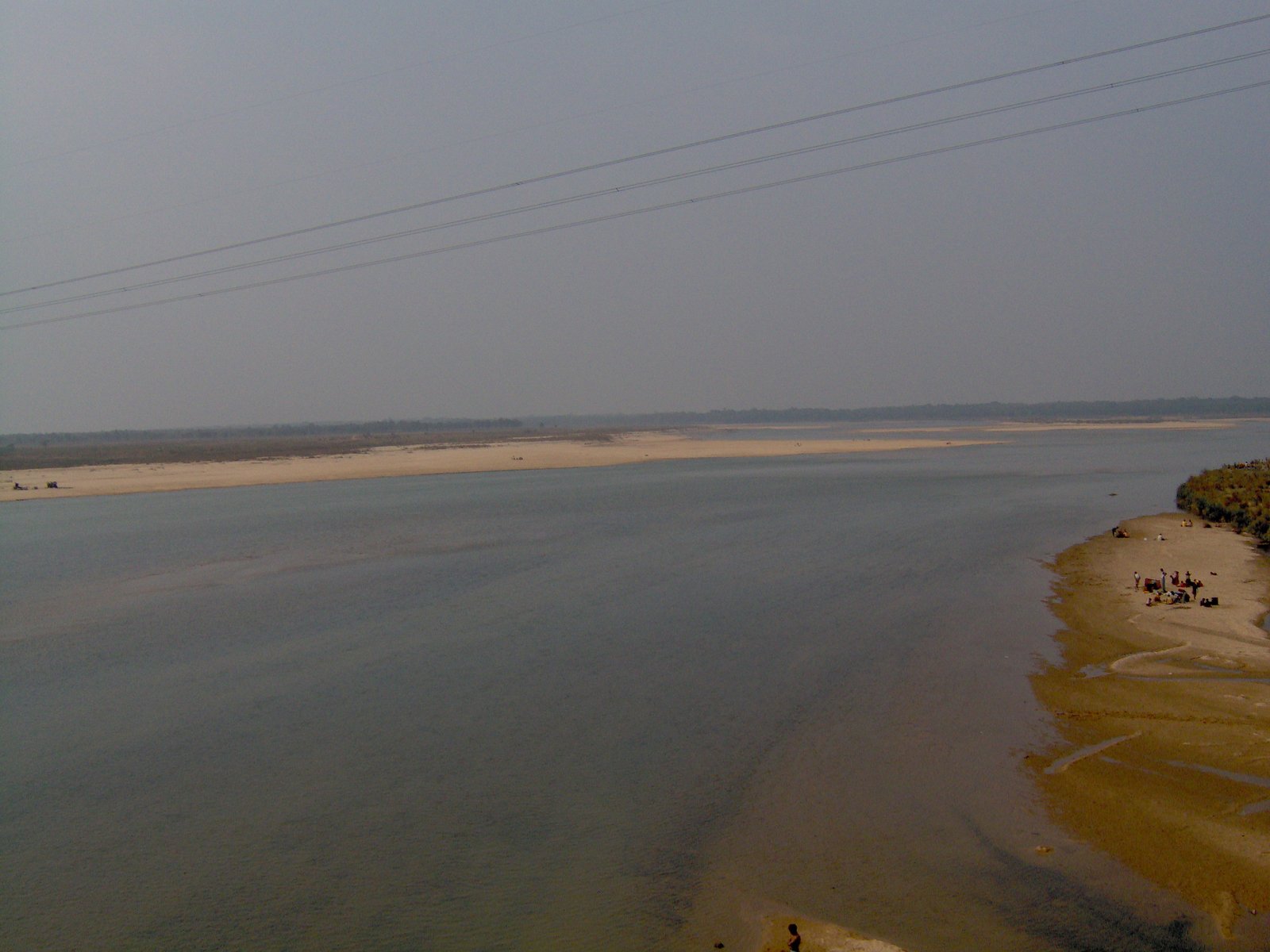The Water Crisis: Water is an essential resource for all life on Earth. However, the world currently faces a significant water crisis that threatens the health, economy and security of communities around the world. This article explores the causes, consequences and possible solutions to the water crisis, emphasizing the need for immediate action to ensure sustainable water management for future generations.
Understanding water crisis:

Water scarcity is defined as the lack of sufficient fresh water resources to meet water use needs within a region. According to the United Nations, more than 2 billion people live in countries facing high water stress. The crisis is caused by a number of factors, including climate change, pollution, over-extraction of groundwater, population growth and inadequate infrastructure.
Climate change and its impact on water crisis:
Climate change plays a major role in exacerbating the water crisis. As global temperatures rise, rainfall patterns are becoming increasingly unpredictable. Some regions experience chronic drought, while others experience intense flooding. These changes disrupt the natural water cycle, resulting in acute shortages in areas dependent on consistent rainfall for water supply.
Moreover, melting glaciers and rising sea levels threaten freshwater resources in many parts of the world. Communities dependent on glacial meltwater for drinking and irrigation are at risk as glaciers retreat This change affects not only local ecosystems but also agricultural productivity, food security and economic stability.
Pollution problem:
Another major cause of the world’s water crisis is water pollution. Industrial waste, agricultural waste and untreated sewage often pollute natural water bodies, making them unfit for use and consumption. According to the World Health Organization (WHO), about 2 billion people depend on drinking water sources that are contaminated by sewage. This pollution leads to waterborne diseases that affect vulnerable populations, especially children.
Addressing water pollution requires stricter regulations for waste management, improved agricultural practices and increased investment in wastewater treatment facilities. Government and industry must collaborate to implement sustainable practices that protect water quality.
Excessive extraction of ground water:

As surface water sources become increasingly scarce, many communities are turning to groundwater for their water needs. However, excessive groundwater extraction can lead to significant long-term consequences, such as land subsidence, water quality degradation, and aquifer depletion. In many regions, groundwater is being extracted faster than it can be naturally replenished, creating a cycle of scarcity.
To combat this problem, it is essential to promote responsible groundwater management practices. These include monitoring discharge rates, implementing water conservation measures and investing in technologies that increase water use efficiency in agriculture and industry.
Population growth and urbanization for water crisis:
The global population is projected to reach nearly 10 billion by 2050, which will intensify the demand for freshwater resources. Rapid urbanization exacerbates this crisis, as cities often struggle to provide adequate water supply and sanitation services for their growing populations. Congested urban areas face significant challenges in sustainably managing water resources.
Implementing effective urban water management strategies is crucial to address these challenges. These include improving infrastructure for water distribution, promoting water-saving technologies, and increasing public awareness of water conservation practices.
Solutions for a sustainable water future:

Addressing the water crisis requires a multi-pronged approach involving governments, communities and individuals. Here are some key strategies:
Investment in infrastructure: Improving existing water infrastructure and building new facilities can improve water supply systems and wastewater treatment processes.
Promoting water conservation: Educating communities about the importance of water conservation and encouraging practices such as rainwater harvesting and greywater reuse can significantly reduce water wastage.
Regulating water use: Governments must enforce regulations on water discharge and pollution, so that industry and agriculture adhere to sustainable practices.
Use of technology: Innovations in water purification, desalination and irrigation efficiency can help alleviate water scarcity in affected areas.
Strengthening international cooperation: Water scarcity is a global problem that transcends national boundaries. International cooperation is essential to share knowledge, resources and best practices in water management.
Water crisis is a pressing global challenge that demands urgent attention. By understanding its causes and implementing effective solutions, we can work towards a future where clean and accessible water is a basic right for all. It is time for individuals, communities and governments to come together to address this critical issue, ensuring a sustainable water supply for generations to come.
Read Also: Harnessing the Wind and Sun for a Sustainable Future
![]()






2 thoughts on “The Water Crisis”